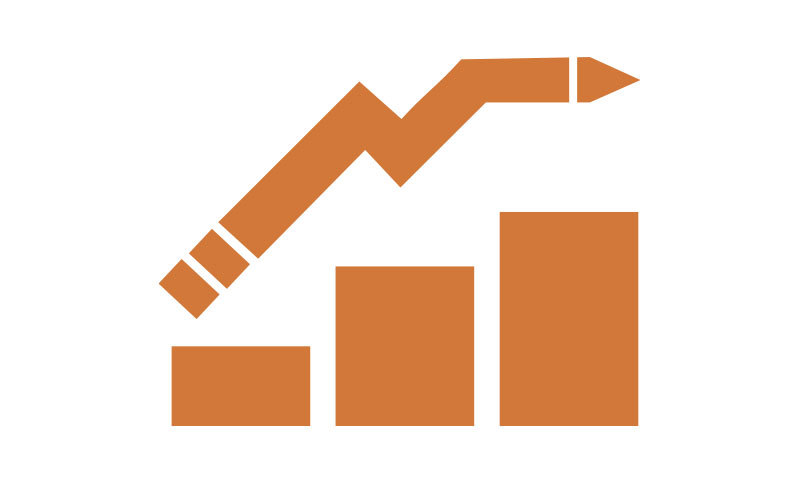RIO DE JANEIRO: Brazil’s economy, once an emerging-market darling, fell into recession, according to government data released on Friday, as millions of new middle class citizens tightened their belts and further dampened a credit-driven spending spree.
The results are a blow to President Dilma Rousseff, who faces an increasingly tough reelection in October. A new poll released late Friday showed her biggest rival pulling into a dead heat with her in a first-round vote — and is 10 percentage points ahead of the Rousseff in an expected runoff ballot.
The government’s statistics bureau reported that gross domestic product dropped 0.6pc in the second quarter, in large part because of soft consumer spending. First-quarter results also were revised downward from 0.2pc growth to a 0.2pc drop, showing a two-quarter slide that most economists use to define a recession.
Analysts said the economy also suffered because investors are holding off, waiting to see how the October election changes the economic winds.
Even the World Cup played a part in Brazil’s doldrums because workers took many days off, contributing to weak industrial output.
But the heart of the problem is a crisis for the government’s model of consumption-led growth, which many economists say is played out.
“Of course I’m spending a lot less!” said Maria Sousa, a 25-year-old doing some window shopping but no buying at a mall in Rio de Janeiro. “I’m feeling less confident about my financial situation and I’m thinking more about trying to save than spend.” London-based Capital Economics wrote in a research note that “it is consumption that has been the key driver of growth since the 2009 global financial crisis. But consumers are now struggling, in part because household balance sheets have become stretched following a decade-long credit boom.”
After blistering 7.5pc growth in 2010, Brazil’s economy has limped along. The long, slow slide means there aren’t any regional shocks expected from the official drop into recession, but it still darkens the horizon for Brazil’s neighbors, many of whom send a large percentage of their exports into the nation.
Argentina, whose economy is in recession and where citizens face inflation of 40pc, may be hurt the most. About one-fifth of Argentina’s exports flow into Brazil, but the amount Brazilians buy is forecast to shrink.
Published in Dawn, August 31th, 2014
















































Dear visitor, the comments section is undergoing an overhaul and will return soon.